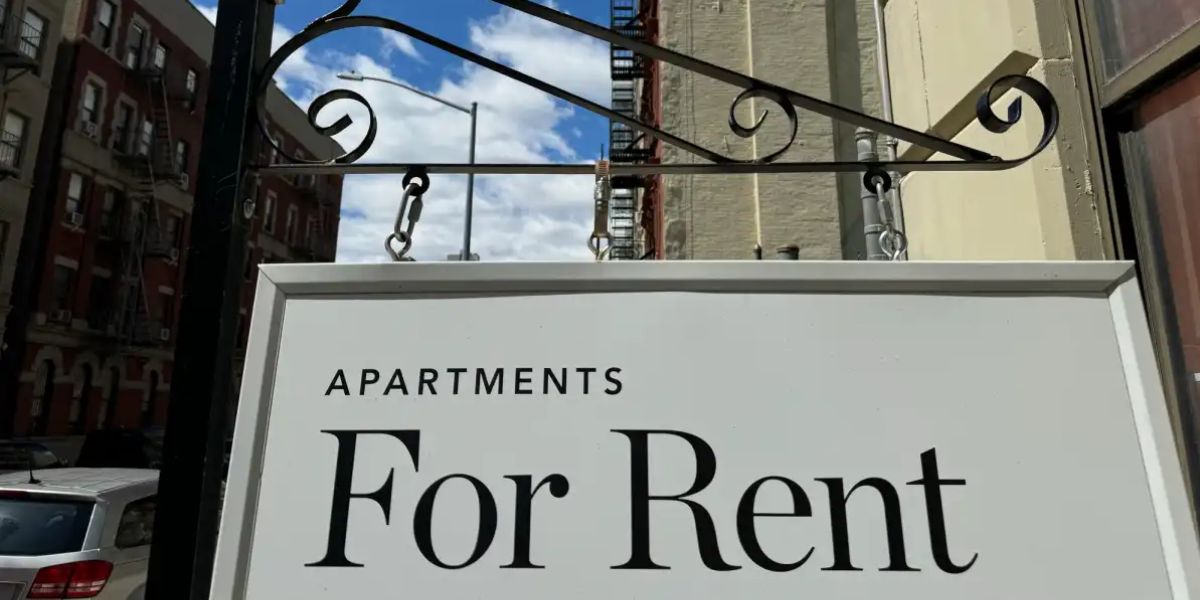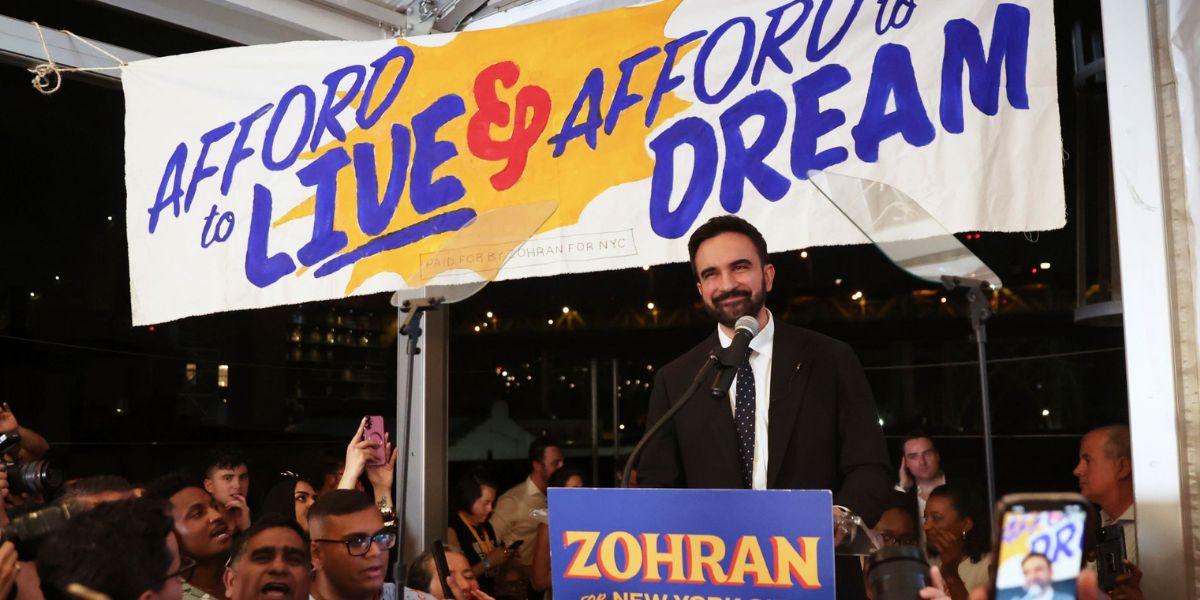New York City, New York — The New York City Rent Guidelines Board has approved a rent increase for over a million rent-stabilized apartments across the five boroughs, despite fierce opposition from lawmakers and tenants who packed the meeting.
The board voted 5-4 to raise rents by 3% for one-year leases and 4.5% for two-year leases.
Mayor Adams Disappointed by Rent Increase
Mayor Eric Adams, who is seeking re-election this fall, had urged the Rent Guidelines Board to implement the lowest possible rent increase.
However, the board’s decision to approve higher-than-expected rates was met with disappointment from the mayor.
“While the board exercised their independent judgment, and made an adjustment based on elements such as inflation, I am disappointed that they approved increases higher than what I called for,” Adams said in a statement.
Tenant Backlash
Tenant advocates were vocal in their opposition to the rent hikes. Hundreds of tenants attended the meeting, with many expressing frustration at the ongoing affordability crisis in the city.
Laura Govan, a tenant who attended the meeting, voiced her anger, saying, “They should freeze it. We have too many people saying that can they provide food? Working two or three jobs just to maintain housing. For them to increase the rent right now, I don’t think it’s just.”
The Legal Aid Society also condemned the increase, warning of severe consequences for low-income New Yorkers. “Tenants across New York City are already facing an unprecedented affordability crisis, and this increase – coupled with the looming cuts to federal housing programs – will have catastrophic consequences for thousands of individuals and families,” the organization stated.
Landlord Concerns
While tenants voiced their disapproval, landlords also expressed dissatisfaction with the rent increase, arguing it was insufficient to cover the rising costs of maintaining their properties.
Ann Korchak, of the Small Property Owners of New York, said, “It’s just making it harder and harder for us to continue to operate quality housing when we don’t have revenue to cover the increasing expenses.”
Ron Cohen, a commercial real estate broker, added, “Property taxes, operating expenses, insurance is tripled, water and sewer is increased — so rents are stabilized but expenses are not.”
Read Also: New York Police Clarify Policy Change, No More Stops for This Violation
What’s Next for Renters and Landlords?
The approved rent increase will take effect in the fall and will remain in place for one year. Afterward, the Rent Guidelines Board will decide whether landlords can raise rents again for rent-stabilized apartments.
The decision is expected to have significant impacts on tenants and landlords alike, as both sides struggle with the ongoing challenges of inflation and rising living costs.
What are your thoughts on the rent increase? How will this affect you or your community? Share your opinion in the comments below.
For more updates, visit ridgecrestpact.org.









